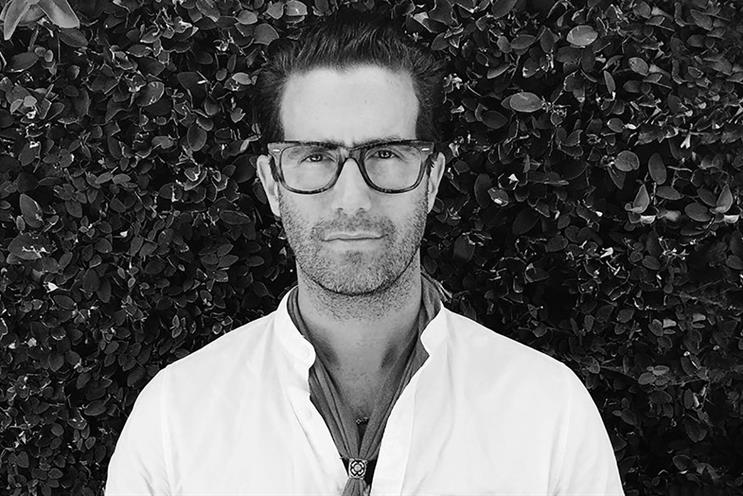As a creative and leader outside of Sweden, I often feel as if I have been doping for over a decade because of the circumstance of my formative years in Stockholm. I have had an unfair advantage in many ways, just because of how I grew up. And here are some (unscientific) reasons why I think this is the case, and what universal applications they might have for creative leadership.
Social democracy creates good communicators and leaders
As one of the oldest and most peaceful democracies in the world, Sweden is well known for (along with Vikings, blondes, ABBA and Ikea) being a social democracy. This political ideology aims to achieve equality and prosperity for all inhabitants through cooperation, gender equality and diversity – all essential attributes in leadership in general and creativity in particular.
Collaboration is the natural way of being and working as a Swede. The cultural code says no one is supposed to be above anyone else. We even have a name for it: "Jantelagen", the Law of Jante, which basically says: "You shall not think or behave like you are better than anyone else". This forces Swedes from their early years to learn how to work together to achieve results for the group rather than the individual. In Sweden, hierarchy is a dirty word and titles aren’t that important.
To be a successful collaborator (whether Swedish or not), you need a good dose of empathy – to understand the others in the group – and hence get a better result. And empathy happens to be an absolute key skill when it comes to mastering advertising. It is essentially the skill needed to understand what it is like to be the audience, the user, the customer. It is also the ability that makes for really good leaders, as leadership is essentially about creating followership – to create trust from the group. And trust leads me to the next point.
It’s really hard to get fired in Sweden
I’ve tried, it didn’t work. Because of our politics, we have tended to protect the employee over the employer, and that has had effects on how we work and how we relate to a job. When you don’t have to constantly worry about protecting your job, like in, say, corporate America, it’s more about what you can do with the job you have, as opposed to how you can protect it. It makes Swedes feel safe. We’re not afraid. And that safety breeds bravery. Leadership and creativity absolutely thrive on bravery. It’s also on leaders to create a working environment where people aren’t constantly living in fear of their jobs and that can allow them to thrive.
Geographic isolation and cultural openness breeds global ambitions
Geographically Sweden has always been a bit of an outsider. Norway has oil; Denmark and Finland are geographically part of the continent; while Sweden is stuck in the middle. We are detached because there’s water between us and the rest of the world. This gives us an urge to belong. That’s why we eat and consume pop culture from wherever we find it, making us Anglophiles, Francophiles, Italophiles and very very Americanised. We want to make an impact. We want it more because we need to be heard. This has created ambition – ambition to be in the know and to be seen. For creative leaders, immersing themselves and embracing unfamiliar cultural references is crucial to success.
TV advertising came late to Sweden
Sweden did not have TV ads until the late 1980s. Because of this late arrival, no one really knew how you were "supposed" to make them – there were no preconceptions about advertising. So we winged it, and the result was that it didn’t look like, or feel like, other commercials. We didn’t have any commercial directors, so we called the best filmmakers, who naturally wrote and directed to entertain on the level of a movie rather than another commercial. Without historical precedent or pre-ordained ideas, we just followed our gut, and something different came out of it – something all creative leaders aspire to do. And difference – zagging – is what build great brands.
But the Internet came early
Sweden has always been willing to adapt to new technology and our government invested heavily in technological infrastructure in the 1990s, establishing high-speed broadband Internet and giving Swedes tax breaks to buy a computer. So Internet, or "web agencies" and digital production companies, had an early start. Like Olympians who train in the Alps, it gave us a competitive advantage – something that all leaders aspire to have.
We have Berghs
Sweden has historically had a great national educational system, and our communication schools are damn good. As a proud Bergs alumnus I obviously have to give a shout out to Berghs. Read this recent article and you’ll know why it scares the shit out of Nils Leonard.
Pelle Sjönell is the worldwide chief creative officer (unimportant title) of Bartle Bogle Hegarty


